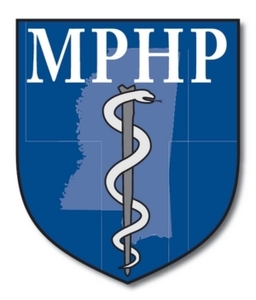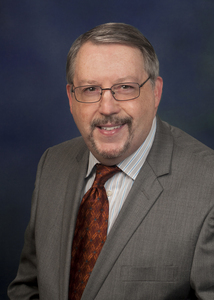History of MPHP
In 1978, the MSMA established the Impaired Professional Program as a committee within the organization. This came after Dr. Ellis Moffitt and his wife, Dr. Nina Moffitt, paired with Dr. Doyle Smith and his wife, Ruth, to garner support from around the state for such an organization. The Moffitts had an interest in alcoholism and drug abuse treatment and Dr. Smith had been in recovery for a number of years himself.
The program was subsequently incorporated as a 501(c)3 organization and Dr. Moffitt continued to direct the group until 1999, when Dr. Gary Carr assumed the role of medical director of the then-named MS Professionals Health Program. Under Dr. Carr’s leadership, the relationship with the board of medical licensure was strengthened and treatment rather than punishment became the mainstay of dealing with the impaired physician. MPHP grew into a nationally recognized program and flourished in the 2000’s.
After Dr. Carr moved on in 2009, Dr. George Wilkerson led the organization until Dr. Scott Hambleton became medical director in 2010. Dr. Hambleton moved toward a more clinical staff, utilizing licensed social workers as case managers, and converting to electronic record keeping. During this time, the program was renamed the MS Physician Health Program, as only those who hold a license through the MSBML are affiliated with MPHP.
In 2021, Dr. Anthony Cloy took over as medical director. Dr. Cloy continues to build on the program’s strong reputation and to standardize treatment and monitoring for distressed health care workers. Dr. Hambleton, now chair of the MS Physician Health Committee and President of the Federation of State Health Programs, continues to provide valuable support.
What is the Mississippi Physician Health Program?
The Mississippi Physician Health Program (MPHP) is a first-line confidential resource for physicians and other safety sensitive health care professionals who suffer from potentially impairing conditions such as substance-abuse disorders, cognitive decline, etc. The MPHP coordinates effective detection, evaluation, treatment, and aftercare monitoring for referral and program participants. Our primary focus is on intervention and recovery, with long-term intensive monitoring.
What is the goal or mission of the program?
Our mission is to ensure sure that the state of Mississippi has healthy physicians so that the best possible health care is available to the public.
Who does the MPHP work with?
We work with M.D.s, D.O.s, P.A.s, Podiatrists, Residents, medical students, and anyone else licensed by the Mississippi State Board of Medical Licensure (MSBML).
How do referrals come to MPHP?
MPHP receives referrals several different ways: 1.) self-referrals, 2.) family/friend referrals, 3.) hospital/clinic referrals, 4.) referrals from other state monitoring programs or treatment centers, and 5.) referrals from the MSBML.
Do all referrals become known to MSBML?
MPHP aggressively protects the confidentiality of referrals and participants from the public. When a referral comes directly to MPHP from self, family/friends, or hospitals/clinics, the physician is typically anonymous to the Medical Board and can complete the evaluation, treatment, and contract without ever being known to MSBML. However, there are limits to our confidentiality such as, but not limited to, diversion of medication, patient harm, significant boundary violations, and not following MPHP recommendations for evaluation and/or treatment which would result in a notification to the Medical Board.
Why should physicians affiliate with MPHP?
Physicians receiving long term monitoring and advocacy from MPHP practice medicine safely, and actually have a lower risk of adverse outcomes. Over 90 percent of MPHP participants have confirmed, stable recovery during and after monitoring, which allows participants to return to productive medical practices. MPHP also helps advocate to state medical boards, medical staff, colleagues, employers, insurance provider panels, malpractice carriers, etc. for current and past participants. Ultimately, affiliation with and utilization of MPHP services is a preferable alternative to disciplinary action in terms of public safety, which benefits all Mississippians.
What other services does MPHP offer?
MPHP often consults with hospitals and clinics regarding physician wellness and/or the need for intervention. We work with distressed physicians struggling with burnout, personality conflicts, and psychiatric illnesses. Additionally, MPHP offers educational activities related to addiction, prescribing controlled substances, professionalism, and a variety of other topics.




